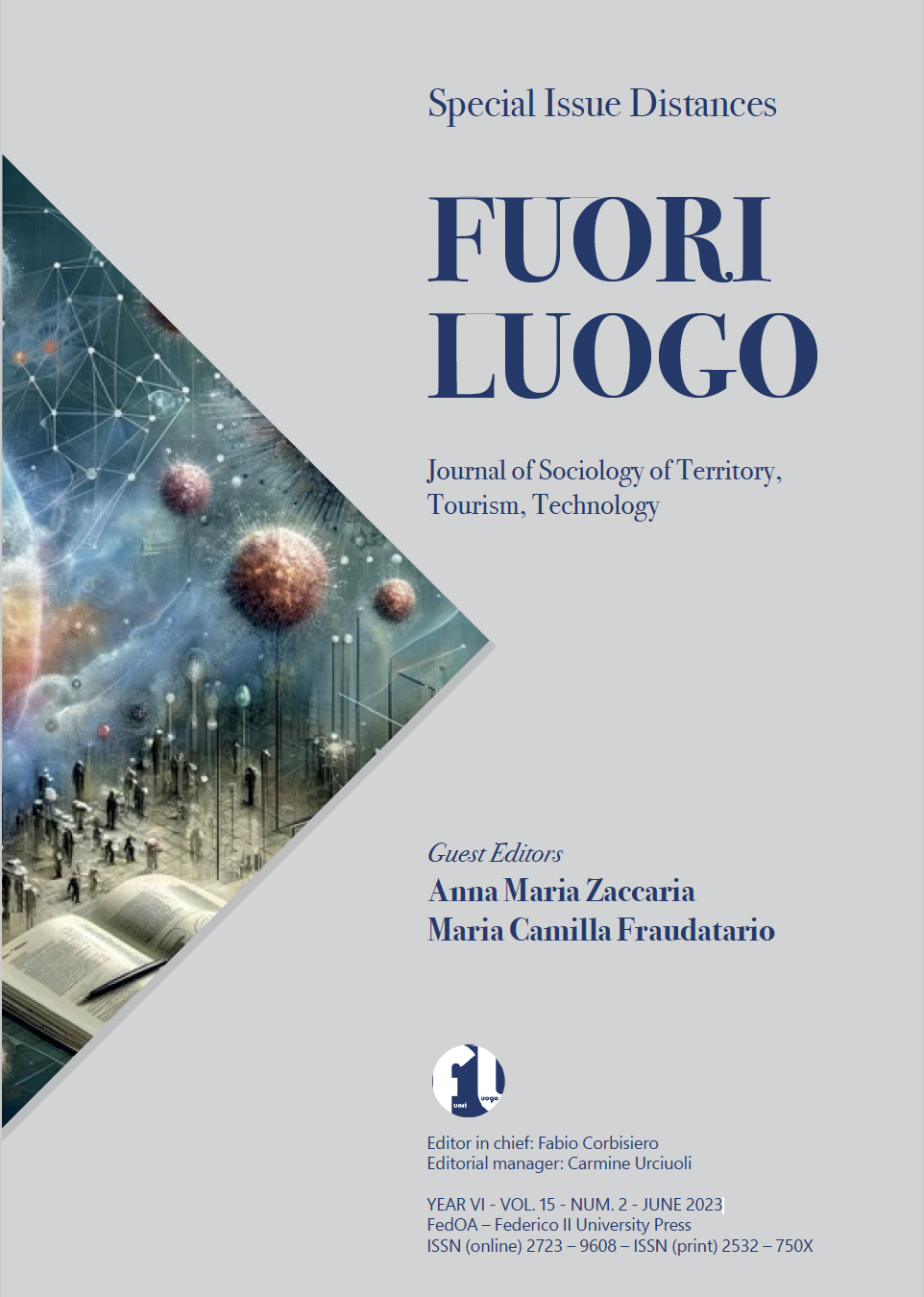The Epistemic Distances in the Sustainable Energy Transmission Process
Abstract
To face the COVID-19 socio-economic crisis, the European Union defined the Next Generation EU plan, a relevant investment fund addressed for clean and smart recovery actions to a more stable, wealthy and sustainable EU society. According to the plan, the ecological transition and digitalisation process will characterise the investments in the energy sector to redefine the provisioning system. The idea is to produce energy sustainably (through renewables) and efficiently (with storage and smart redistribution systems), engaging new actors in the energy field (citizens, companies, local institutions, experts) for a just transition that will leave no one behind. In this prefigured future, big energy companies and energy prosumers (individual and collective) will work side by side, exchanging resources (energy, money, information, services) through smart grids with expected common benefits. Through the outcomes of the EU H2020 project ASSET we propose to analyse the epistemic distances among actors involved in the transition process to understand how multidisciplinary is enacted.
Downloads
Copyright (c) 2024 Ilaria Marotta, Dario Minervini, Ivano Scotti

This work is licensed under a Creative Commons Attribution 4.0 International License.




